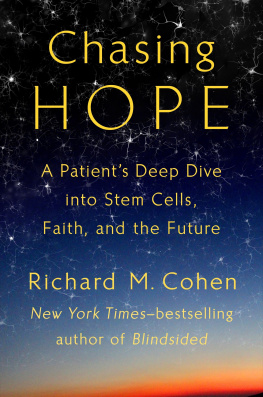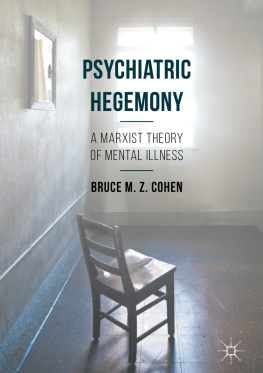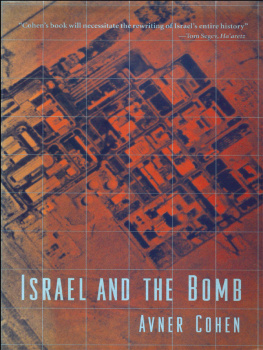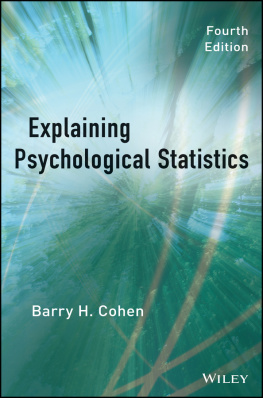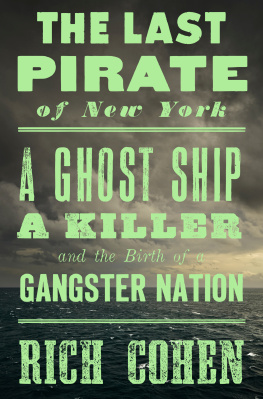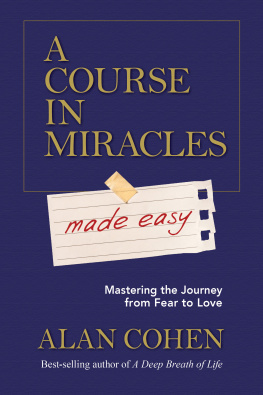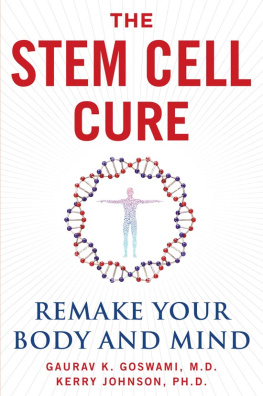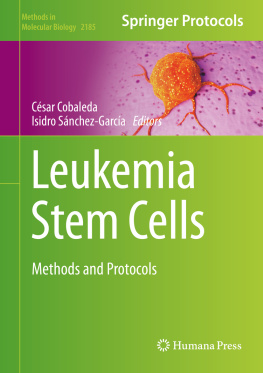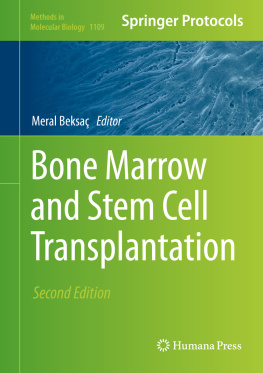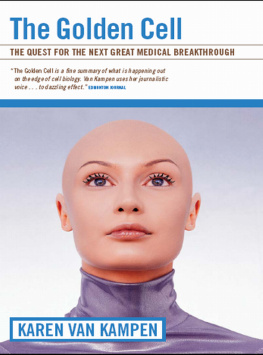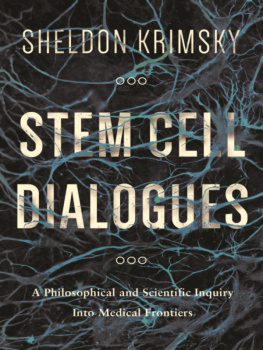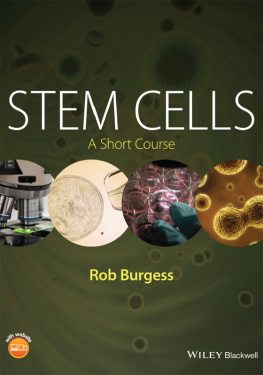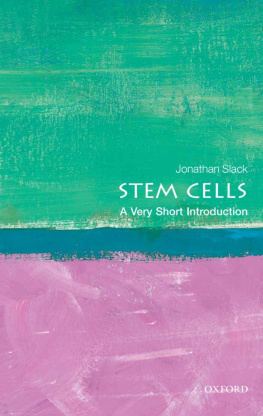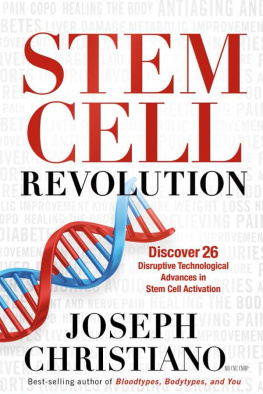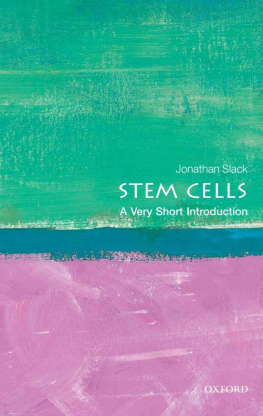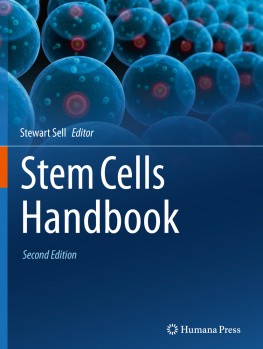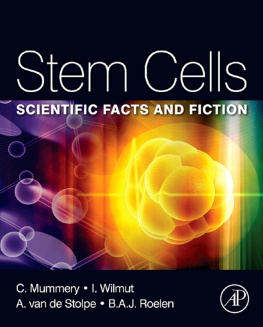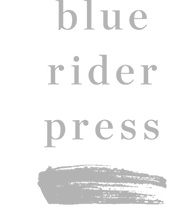Copyright 2018 by Richard M. Cohen
Penguin supports copyright. Copyright fuels creativity, encourages diverse voices, promotes free speech, and creates a vibrant culture. Thank you for buying an authorized edition of this book and for complying with copyright laws by not reproducing, scanning, or distributing any part of it in any form without permission. You are supporting writers and allowing Penguin to continue to publish books for every reader.
Blue Rider Press is a registered trademark and its colophon is a trademark of Penguin Random House LLC
Penguin is committed to publishing works of quality and integrity. In that spirit, we are proud to offer this book to our readers; however, the story, the experiences, and the words are the authors alone.
For Mimi and Grandpa, my late parents, who offered unqualified love to four generations and never lost hope
Hope is easy for the foolish, but hard for the wise. Everybody can lose himself into foolish hope, but genuine hope is something rare and great.
PREFACE
I dont like prefaces and rarely read them. When I care enough to put my hands on a good book, I just want to get started. Frequently there is ground to cover before a reader turns a page. I get it. So here is my reluctant preface. Be assured it is short. Really short. Please forgive the statistics, but the numbers speak loudly about our need for hope.
According to the Centers for Disease Control, more than 117 million Americans live with at least one chronic condition. That is almost half the population of the United States. Chronic illnesses were responsible for seven of the ten leading causes of death in 2010. This is serious stuff. To add to that, almost 20 percent of us are disabled. We are a people in need.
Chronic conditions are incurable and can play out over a lifetime. They become more common as we age, and we are fast becoming the oldest population in American history. Chronic illnesses include heart disease, diabetes and obesity, some cancers, and numerous neurological disorders. The list is long. I am disabled and grapple with a few of these dread diseases myself. Lucky me.
Multiple sclerosis rules my life. Fading vision and limbs that no longer function properly, cognitive issues, and dizzying imbalance have become my new normal. I am a different person than the one I used to know. Each day is a challenge to be met and mastered. But I am grateful for what I have.
The struggle against illness has been going on through the ages. Women and men of the world have longed to know hope since time immemorial. That never has been more true than today. In America, we live under a state of siege from an army of illnesses. Americans seem to believe this is more about the other guy than the person we see in the mirror. But most of us will be touched by serious sickness in our lifetimes. Sooner or later we cross paths with hope. For many, that is all we have
Our sons and daughters, spouses and siblings, friends and neighbors, our colleagues and the cops on the corner may have a problem or two we do not see. We do not know who is next in line. That is a mystery of life. I believe life is an exploration. My journey into the land of hope took me to new places. In many ways, I began the investigation in 2012, when an invitation to a stem cell conference at the Vatican caused me to reevaluate the last decade of my, and my familys, relationship with hope, faith, and the future.
Throughout the next five years, first as a journalist, then as a blogger, I explored hope in its many forms. I visited families touched by serious illnesses and interviewed religious leaders. I attended Friday prayers with immigrant Muslims and participated in that stem cell conference, which led me to an experimental treatment for MS.
I covered a lot of ground and learned as much about myself and my relationship to hope as I did about the treatment itself. I am a person for whom hope does not come easy. The journey was worthwhile. Ultimately, I decided to accept intelligent risk and cast my fate to the wind. I realize there are many views of hope, and all of us must find our own and embrace it.
Now, please read.
CHAPTER 1
Losing Sight of the Future
On a dark, blustery afternoon in the autumn of 2010, I joined a ragtag army of New York City commuters waiting to board a bus that would lumber downtown. Heavy rain pelted everyone in line. We were stepping over puddles and negotiating the steep, slippery stairs, trying not to break a leg or let ourselves be blown away.
As I slid into one of the last remaining seats, the bus started up again and began slowly making its way down Broadway, the Great White Way I knew so well. I would be disembarking before we hit the theater district, as I had done a thousand times. I glanced out the fogged window to see the stores and restaurants that had long served as my landmarks.
I was numb, less from the chill than from the fact that in recent days it had become clear that after years of relatively stable sight, I was losing yet more vision due to complications from multiple sclerosis. MS is my constant companion. It is an incurable inflammatory, degenerative, progressive, autoimmune chronic illness. Whatever. Not only is my vision fleeing, but my lateral judgment is also compromised, which accounts for the bruises on my arms and legs from bumping into furniture and glancing off doorways. Sometimes I felt I needed football pads just to walk the streets of New York.
The bus was headed to where I wanted to go, the MS was not, though both were going south. The disease was active, dancing through much of my body. The neurological predator was focusing once again on my eyes. If I lost any more sight, I feared I would lose my ability to function as a writer, not to mention as a husband and father.
Suddenly I sat up ramrod straight as I realized I had no idea where I was. I could not make out the storefronts outside the window. They were lost in a foggy blur, fading to vague shapes and drab colors. Buildings were melting into unrecognizable blobs. I felt as if I had been kidnapped and was being transported to an alien place. I froze. My reflexive denial, usually a well-oiled machine, stalled out. Frantically, I attempted to peer through the fog, trying to identify anything that would tell me my location. I just could not make that happen. I turned my attention to the driver. He was yelling at an elderly woman, telling her where to get off the bus. That was what I needed to hear. I listened and figured out our current location then counted the stops until I knew it was time to struggle down the stairs.
I emerged into a strange city that I could barely make out. Nothing looked right. Sights and sounds were exaggerated. Cars seemed to move at double speed.

